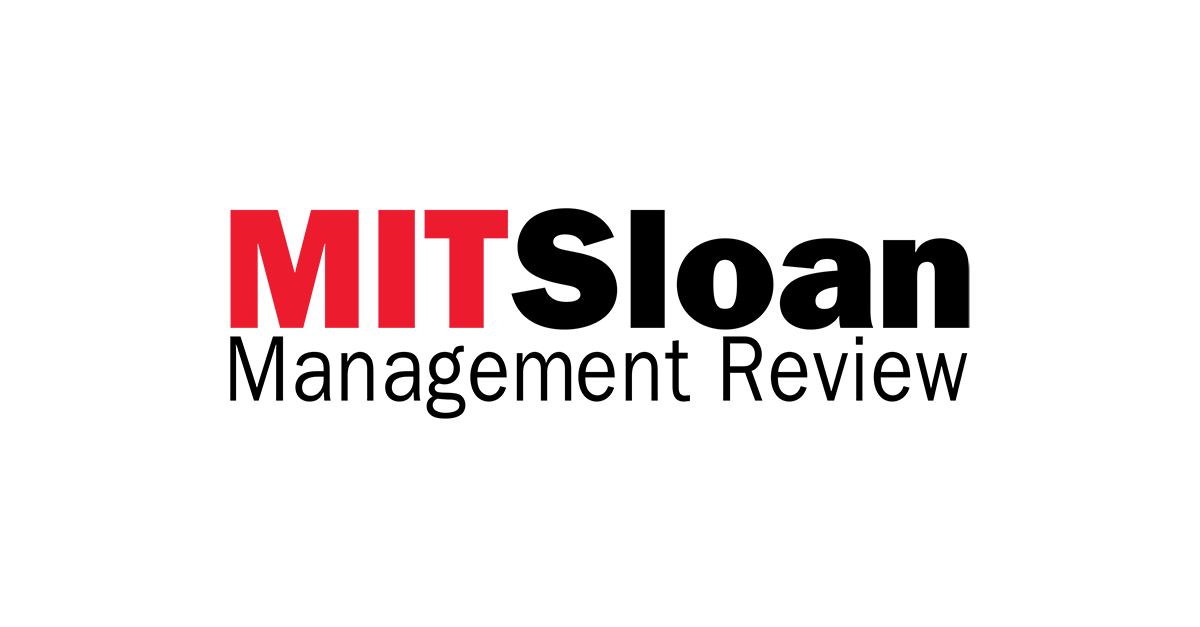Communication is key to successfully creating those connections. How leaders communicate with prospective and current staff members can significantly affect their organization’s reputation as a place where people want to work. After all, having a culture that incorporates transparent and open communication is essential to building trust and loyalty.
The Importance of Communication Skills in Hiring
According to research, oral and written communication skills are among the top five most sought-after attributes in potential new hires: Employers want workers who can effectively convey their ideas, perspectives, and knowledge.
Employees with strong communication skills are able to express their thoughts and emotions clearly, making them more efficient in the workplace. Additionally, they are better equipped to manage challenging conversations or negotiations with clients or coworkers through their ability to listen attentively, provide accurate feedback, and resolve conflicts.
Good communication skills also foster a better company culture: Employees create a stronger bond when they are able to effectively communicate with one another. This not only creates a cohesive and productive work environment but also increases their loyalty to the organization.
Employees create a stronger bond when they are able to effectively communicate with one another.
Hiring managers should screen resumes for clear and concise writing abilities and pay attention to how candidates speak during interviews to assess their communication skills. If appropriate, they should request written work samples before an interview to assess candidates’ writing capabilities. Candidates who can effectively communicate their qualifications and skills in writing will likely be able to better articulate them orally during the interview.
The Hiring Process: Clear Expectations and Open Dialogue
All parties involved in the hiring process need to be clear and concise when conveying information. Hiring managers must clearly define expectations, roles, and responsibilities when talking to potential candidates: One study found that 48% of employees who left a job early did so because their employer’s expectations were unclear.
Establishing an open dialogue with candidates during the hiring process is essential for building trust and gaining insight into their communication styles. By using a combination of open-ended questions, role-playing scenarios, and exercises that focus on communication, employers can better understand each candidate’s approach to their work and create a foundation for a strong working relationship.
Once a new hire is brought on board, providing feedback on their communication skills can help them understand what they are already doing well and where they can improve.
Navigating Layoffs: Transparency, Empathy, and Compliance
In an era marked by recession fears and downsizing, how companies handle layoffs can have a profound impact on their reputation and employee morale. To maintain a positive relationship with employees during layoffs, employers should prioritize clear, honest, and timely communication. This means providing as much advance notice as possible to all employees, explaining the rationale behind the decision, and offering support to those affected, such as career counseling, resume preparation, and job search assistance. By treating employees with respect and empathy, companies can minimize negative impacts and maintain a favorable reputation.
Furthermore, organizations must comply with laws governing layoffs to ensure the fair treatment of employees and avoid legal repercussions. Employers should be aware of their state and local laws to ensure that they meet minimum notice requirements and other regulations. Consider the case of Bed Bath & Beyond, where the initial decision to bypass severance laws led to lawsuits — and thus more negative publicity for a company that had recently declared bankruptcy — followed by a reversal of the decision.
Creating a Culture of Open Communication
The key to fostering positive relationships with candidates and employees alike lies in creating a culture of open communication. This means valuing transparency, honesty, and empathy, no matter the stage of employment. Companies should also encourage open dialogue among all levels of the organization, providing opportunities for employees to voice their concerns and ideas. This can help to establish a sense of trust, promote a collaborative work environment, and, ultimately, contribute to the company’s overall success.
In addition to fostering open communication, employers should invest in training and development programs that help employees enhance their communication skills. This benefits the individuals, contributes to a more effective and cohesive work environment, and can, ultimately, lead to greater success for the organization and a more productive work environment overall. By prioritizing communication at every stage of the employee life cycle, managers can foster a positive work culture in which individuals feel valued, supported, and empowered to succeed.
“The MIT Sloan Management Review is a research-based magazine and digital platform for business executives published at the MIT Sloan School of Management.”
Please visit the firm link to site






